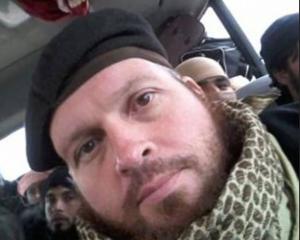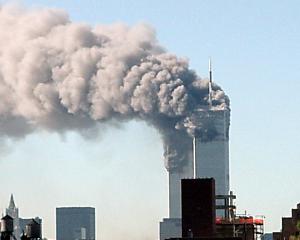Another ''red line'' in the sand has been declared over the on- going civil war in Syria - a two-year conflict in which the estimated number of dead has reached at least 80,000 and the number of refugees 2.5 million.
Turkish Prime Minister Recep Tayyip Erdogan this week accused Syria of trying to drag his country into its conflict in the wake of two car bombings which killed 46 people in the border town of Reyhanli.
Turkey said it was holding suspects belonging to a Marxist military group with direct links to Syrian President Bashar al-Assad's regime who had confessed to the attack, but Syria rejected any responsibility for the attacks, with Information Minister Omran al-Zohbi saying ''our values would not allow that''.
Turkish Foreign Minister Ahmet Davutoglu said the attacks were a breach of Turkey's ''red line'' and the country reserved the right to ''take any kind of measure'' in response. His declaration followed that of United States President Barack Obama last year, who said the use of chemical weapons by the Assad regime would constitute his ''red line'' in the conflict.
Such tough talk has been heard before, but has yet to translate into anything meaningful.
In July last year, Syria acknowledged it had chemical and biological weapons and said that while they would not be used to crush rebels, the regime was prepared to use them if foreign countries intervened in the conflict.
Syria is not a signatory to an international convention that bans the use, production or stockpiling of chemical weapons and the declaration brought swift condemnation from the West. Mr Obama said the Assad regime would ''be held accountable by the international community and the United States should they make the tragic mistake of using those weapons''.
In December, there were claims the Assad regime was mixing chemical weapons for use. Since then, there have been unconfirmed reports the regime has used such weapons in various instances in the conflict.
Despite that, Mr Obama's ''red line'' seems to have become blurred and his words increasingly weightless. The Turkish Foreign Minister's words also sound hollow, given Syria has already been blamed for a string of attacks on refugee camps in Turkey and no action has been taken.
A United Nations General Assembly resolution condemning Assad's forces which passed yesterday similarly carries moral weight, but no legal force.
Of course, any action by the West is complicated by the legacies of its wars in Iraq and Afghanistan. To further cloud the West's thinking, previous fears of a power vacuum if the Assad regime is toppled have been replaced by thoughts that a new order in Syria might include the militant extremists now bolstering the rebel forces.
But as more countries are drawn into the conflict - Turkey, Lebanon, Jordan and Iraq are housing Syrian refugees in makeshift camps, Israel has carried out air strikes on Syria it says are targeting missiles, and the latest attacks in Turkey - the pressure on all sides is mounting.
It may have been relatively simple two years ago to solely decry the actions of a brutal regime. But, as a video posted on the internet this week apparently showing a Syrian rebel commander cutting out and biting into the heart of a dead government soldier seems to demonstrate, the actions of some of the rebel camp appear equally despicable. And, as the rest of the world does nothing, surely all nations become in some way complicit.
British Prime Minister David Cameron last week met Russian President Vladimir Putin, who was reportedly more prepared to discuss the conflict, indicating a possible shift for one of Syria's closest allies. Russia and the US have agreed to hold peace talks with both sides to try to seek a peaceful transition.
Certainly, if there is no appetite for Western military intervention, the only hope for innocent civilians remains with those with influence over Assad - and the extremist factions within the rebels. World leaders and peace envoys have failed to make any difference in the past two years.
It is vital any upcoming talks not be just that - all talk - and that meaningful action results before the red lines in the sand are further stained with blood.











